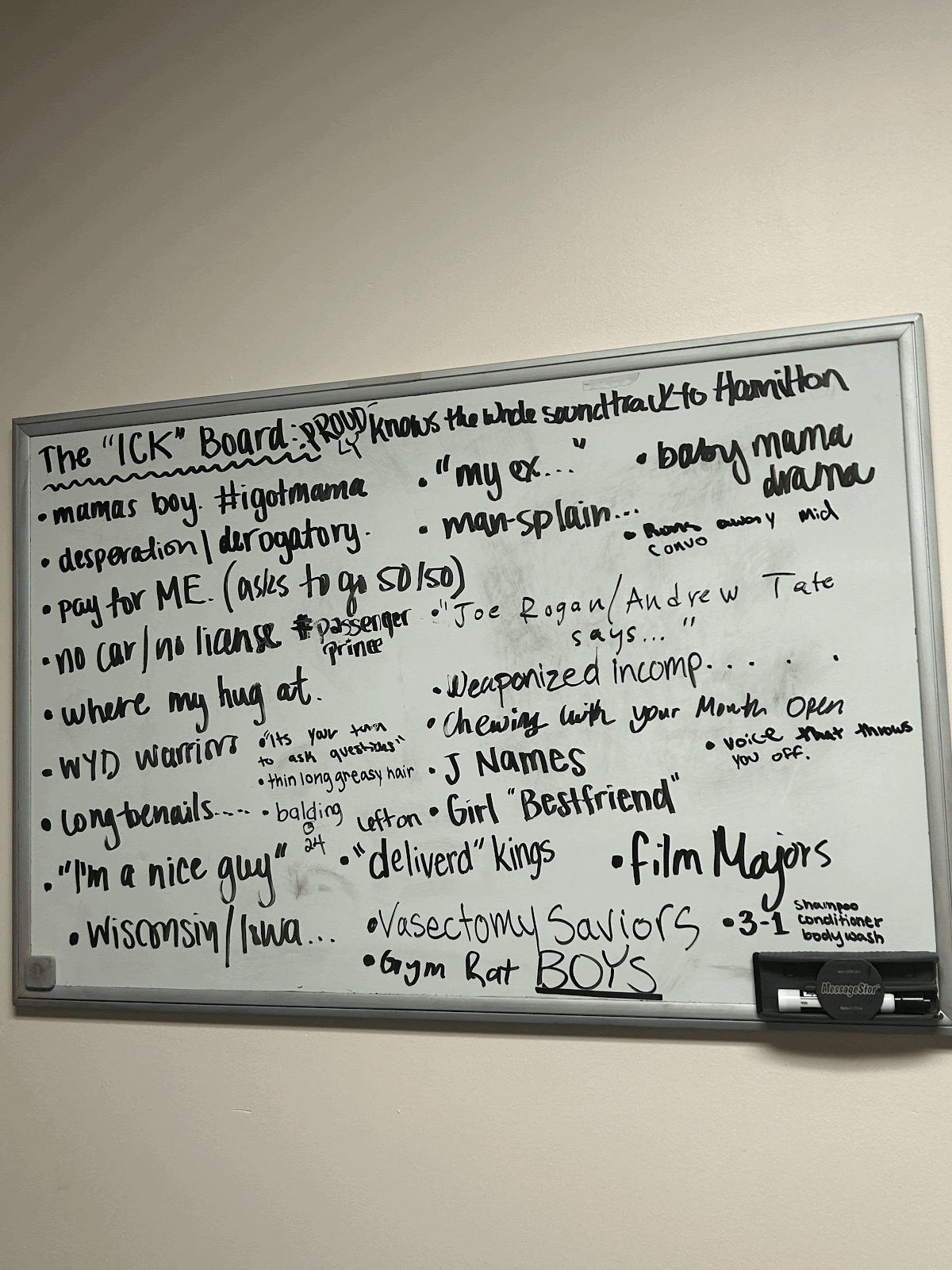A Conversation on Gossip: ‘The Biggest Enemy to the Patriarchy’
It started with the usual. My best girlfriends and I in discussion about a potential new work crush. And after a long-winded debrief about this unfamiliar man, it got me thinking:
Do we have a gossip addiction? And can we help ourselves with this information?
After I told them I was going to pitch this topic for my next blog, we started to think about it. What really is gossip? And what does it look like for women, specifically?
In the last few weeks, I have gone on my own journey to come to a conclusion. This journey surfaced with a lot of honesty and rawness, ultimately proving the point of this piece.
Gossip in my own realm, is a way to build stronger relationships with those around me. To be vulnerable and open about what is going on in the world around me.
For those unaware, gossip at its finest definition is simply the spread of information. Point blank. However, like I said, I wanted to dive into understanding how this word came to be and why it might set a precedent for society to demonize women. As if women aren’t judged enough…
Curl Power Signage. Image by Aby Gervais
I had the opportunity to speak to some of the lovely ladies from Curl Power Salon in Edina about this discourse. Curl Power not only specializes in natural hair texture, but they know how to have a conversation.
Conversation for the women at Curl Power is essential. It not only builds relationships with their clients and brings them coming back, but it allows for meaningful relationships between staff.
Maddie Uphus, one of the staff members at Curl Power, explains the anthropological concept behind why women are able to spread information the way they do. This concept is defined as The Meadow Report.
Throughout history this idea has been explored: that women are coded for. They are gathering to share exactly what they were seeing or hearing as a safety measure, according to Uphus.
So I wonder, why shame women for what seems to be a useful tool? One that spreads necessary information, and spreads it fast.
Well, people don’t like to be talked about. And fair. But as Uphus likes to say, “Behave yourself.”
In understanding this word to its fullest extent, one needs to understand why the girls are talking in the first place. Think back, not far ago, when women had zero power in society. Everything was word of mouth; for example, education on abortions.
Taylor Kermott, the general manager at Curl Power, says this sharing of the information is important for the safety of other women.
“And it is really important to look at how gossip has been portrayed in these ‘snobby little women,’” said Kermott. “But really, it is the sharing of information for the betterment of people.”
Even now in Minneapolis, there are Facebook groups such as 'Are We Dating the Same Guy?'. It isn’t catty, it’s protection.
Ick Board. Image by Aby Gervais.
At Curl Power, the team really bonds together in this aspect, through what they call the “ICK” board. This is a whiteboard full of descriptions of their versions of “ICKS”, in hopes of preventing the next woman to suffer a man of these qualities.
While some may find it harsh, I find it empowering.
The problem with the word ‘gossip’ is it sets the precedent that women are doing something wrong. Kermott explains the relationship she has with the word gossip and how she chooses not to use that specific word.
“And I realize I will never define me talking to my girlfriends, even about vulnerable information, or like, something I’ve heard as gossip,” Kermott said.
An intimate status update is really the most probable definition. Because where else would you get your information from if not from this type of conversation?
I have learned that gossip allows for the building of strong relationships, to have a stand in something, or even just a simple opinion. All which require a level of vulnerability.
But this, this is the biggest threat to the patriarchy. Women being able to speak freely about whatever they want, with the amount of influence they have on others. And now with this information, where do we go next?
Changing the mantra. The only thing we as a society can do is continue to be vulnerable and raw by having these types of difficult conversations. This isn’t bad, it is a powerful tool that should continue to be used.


